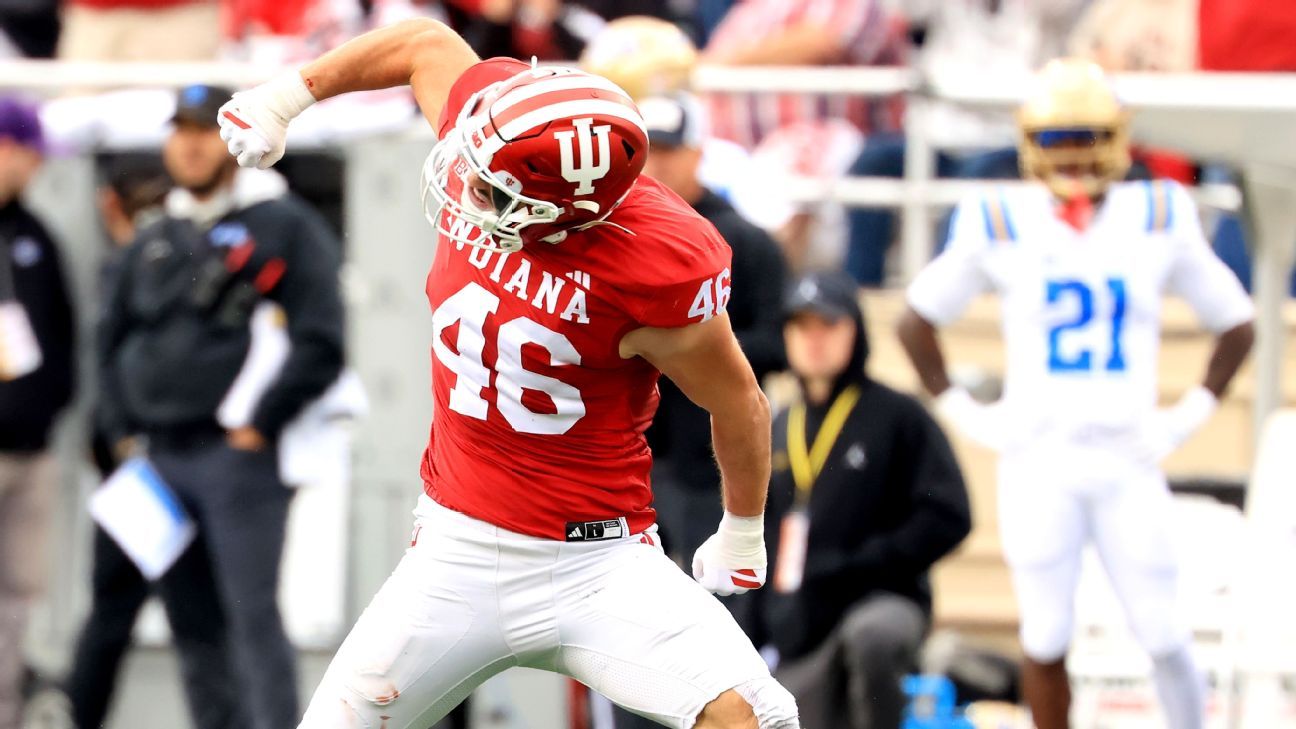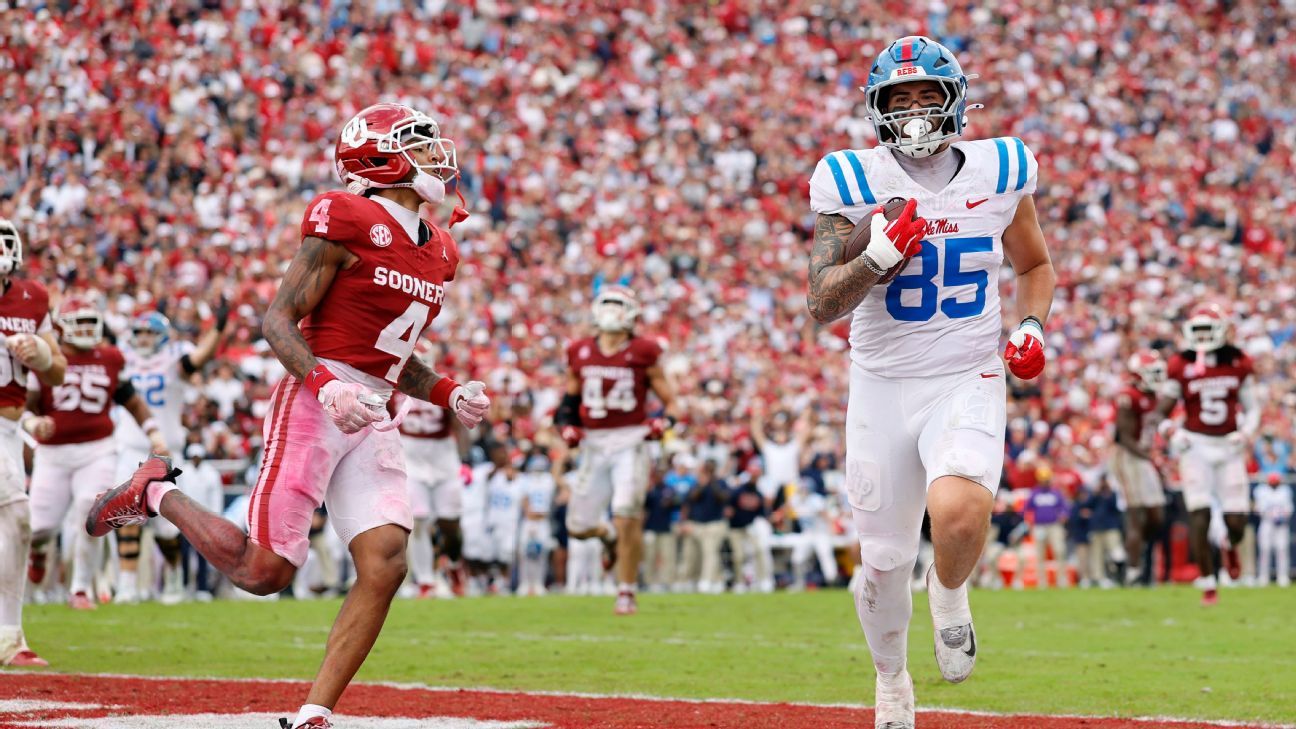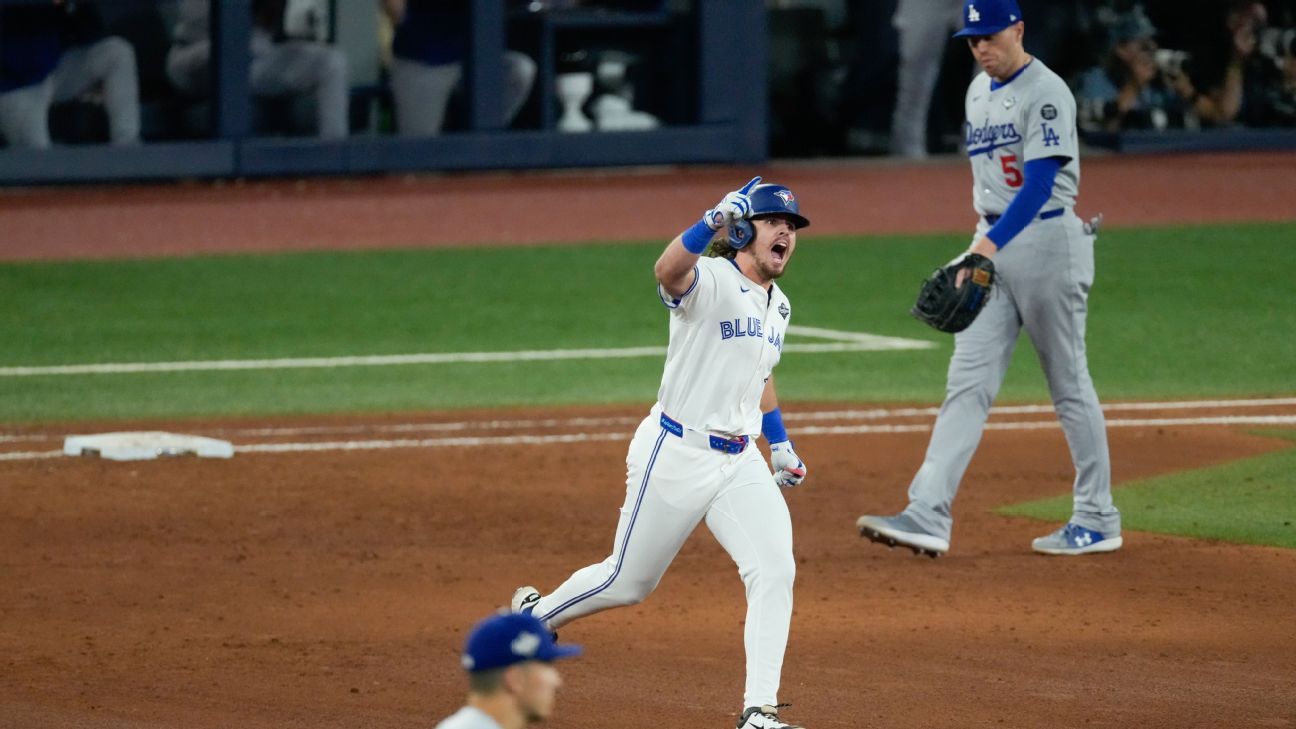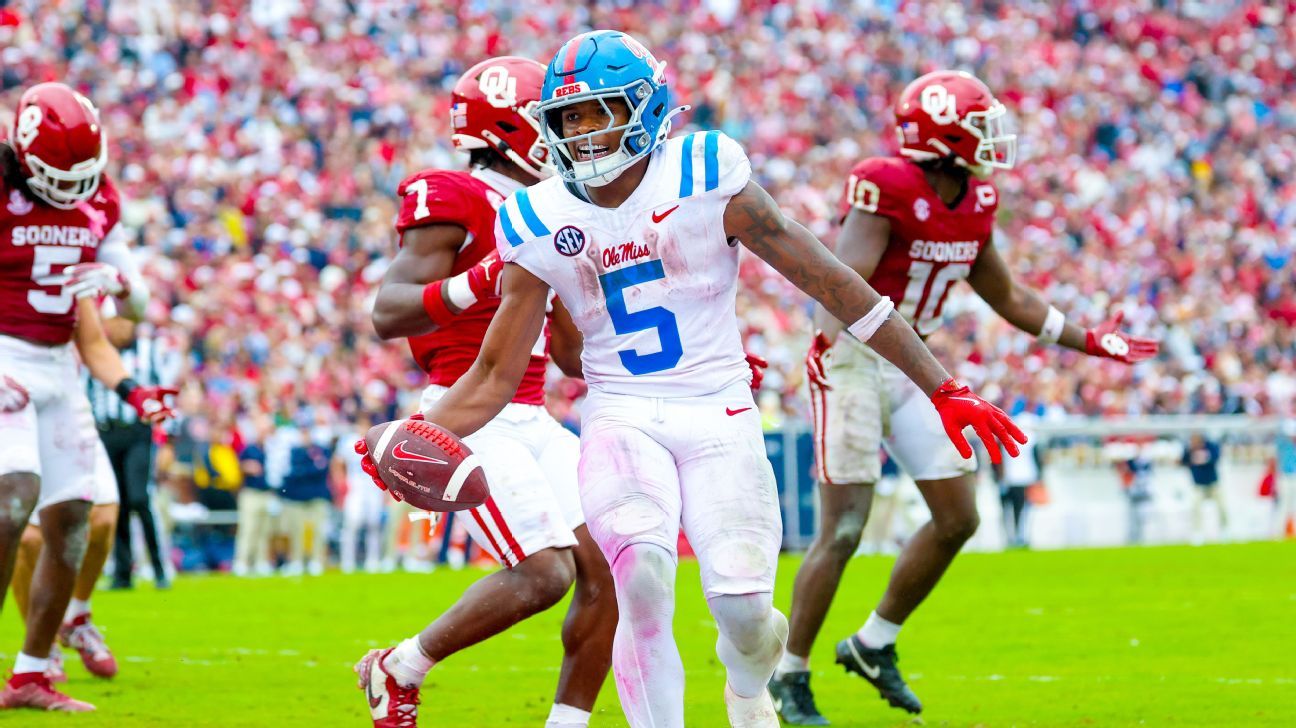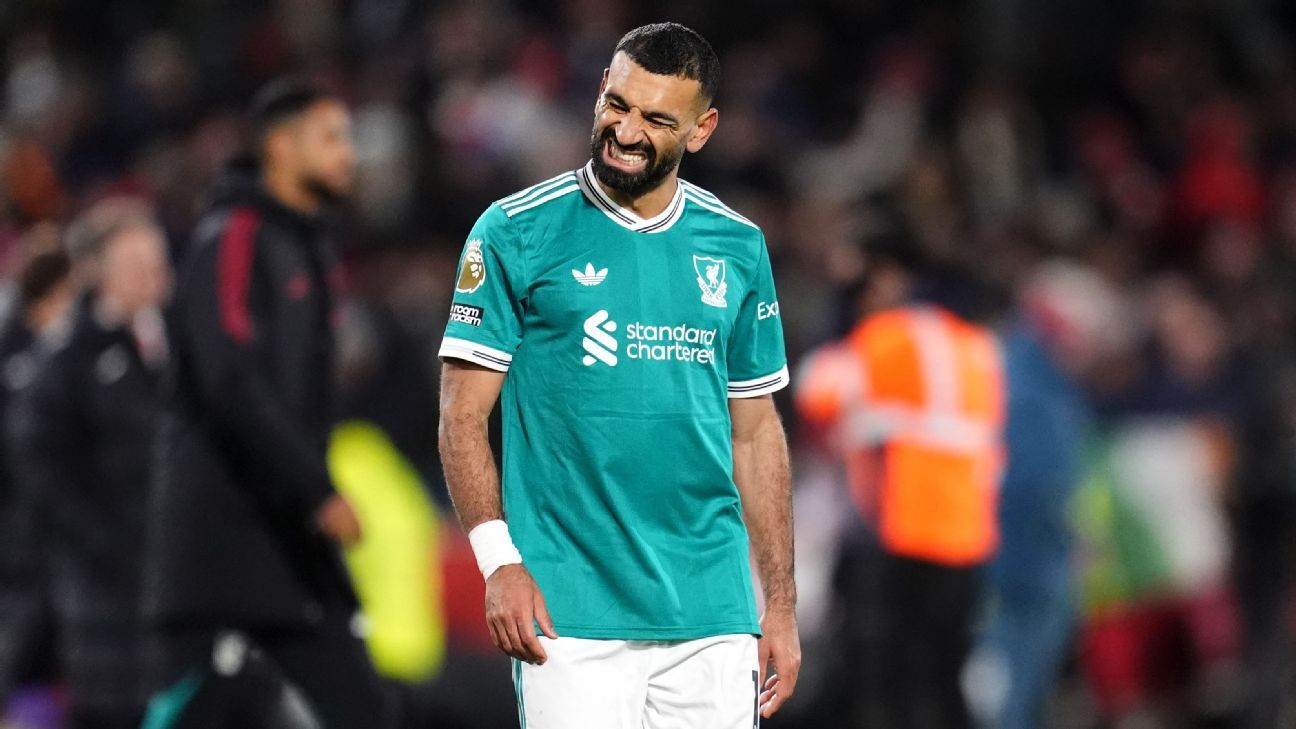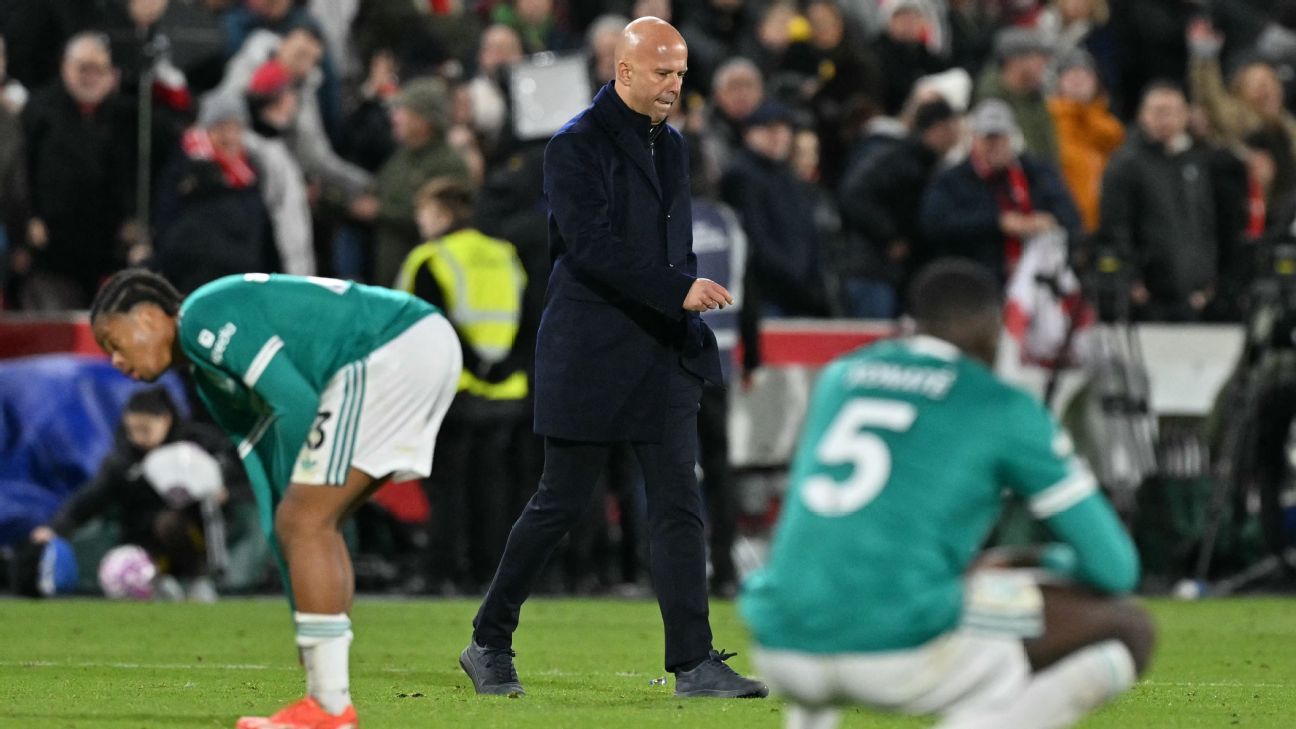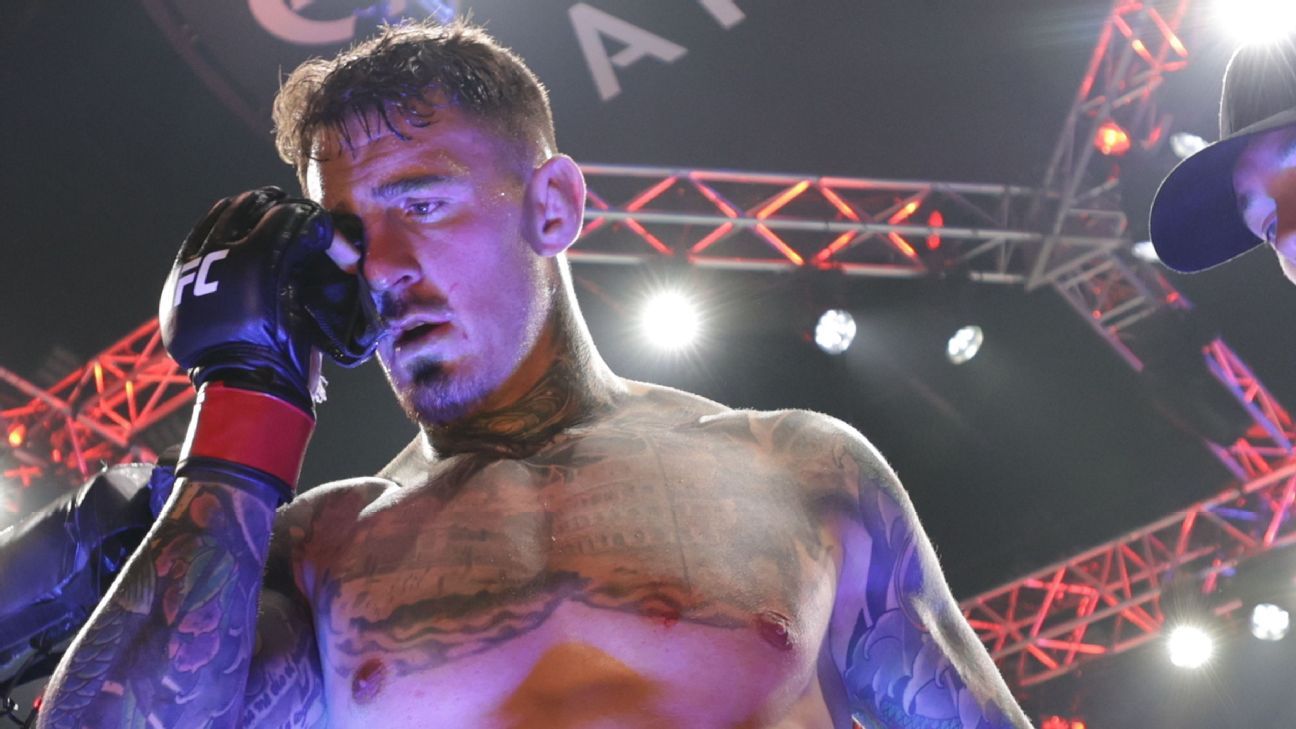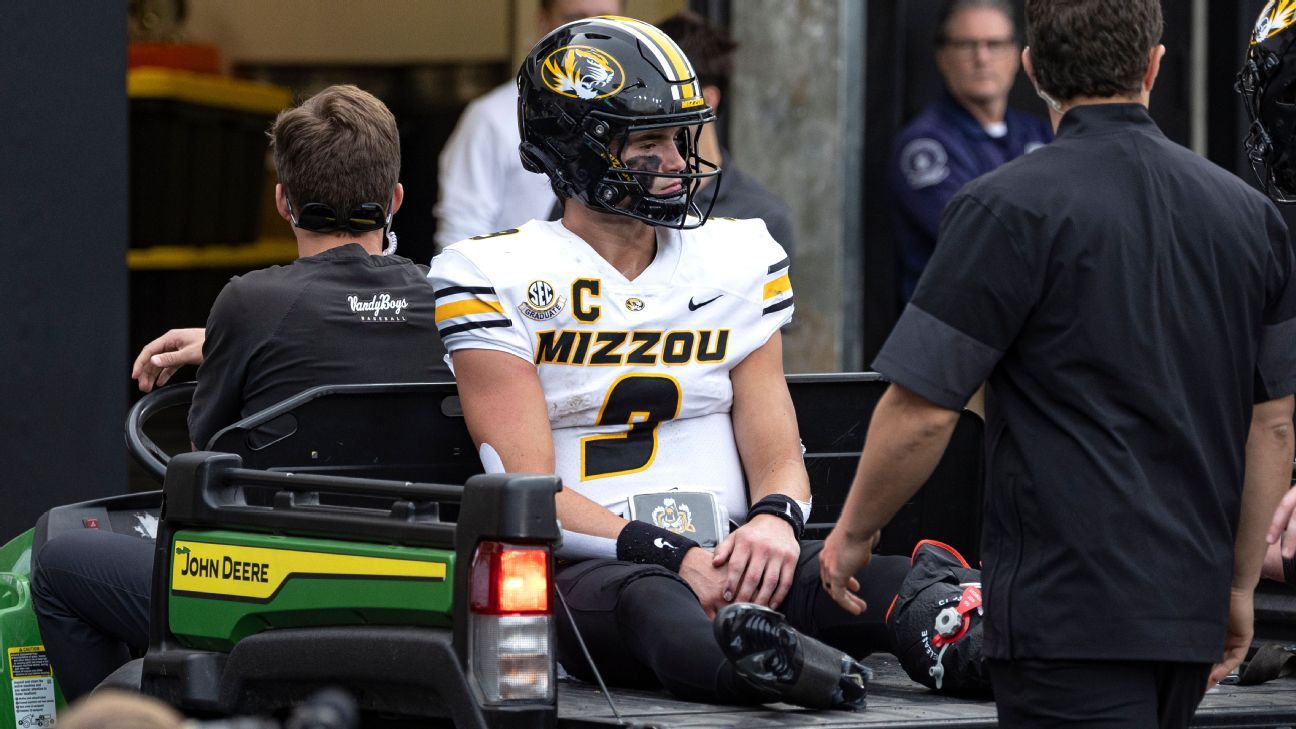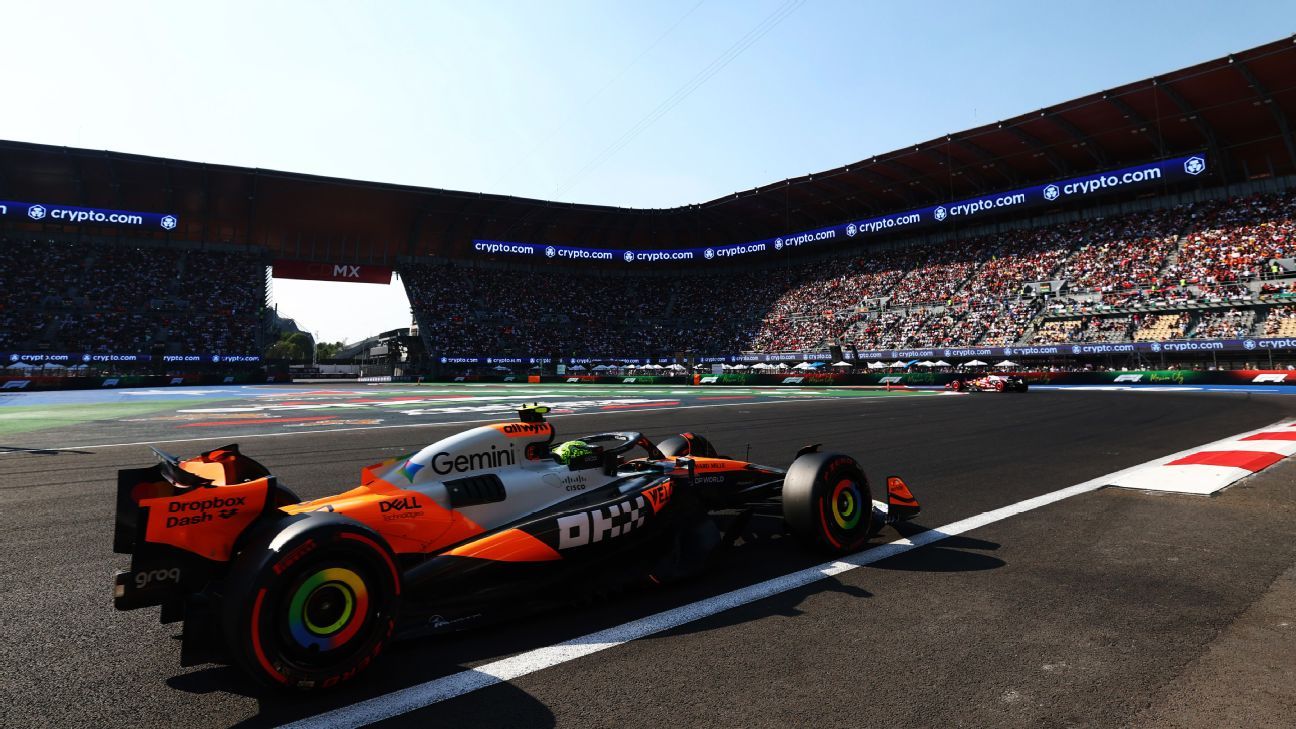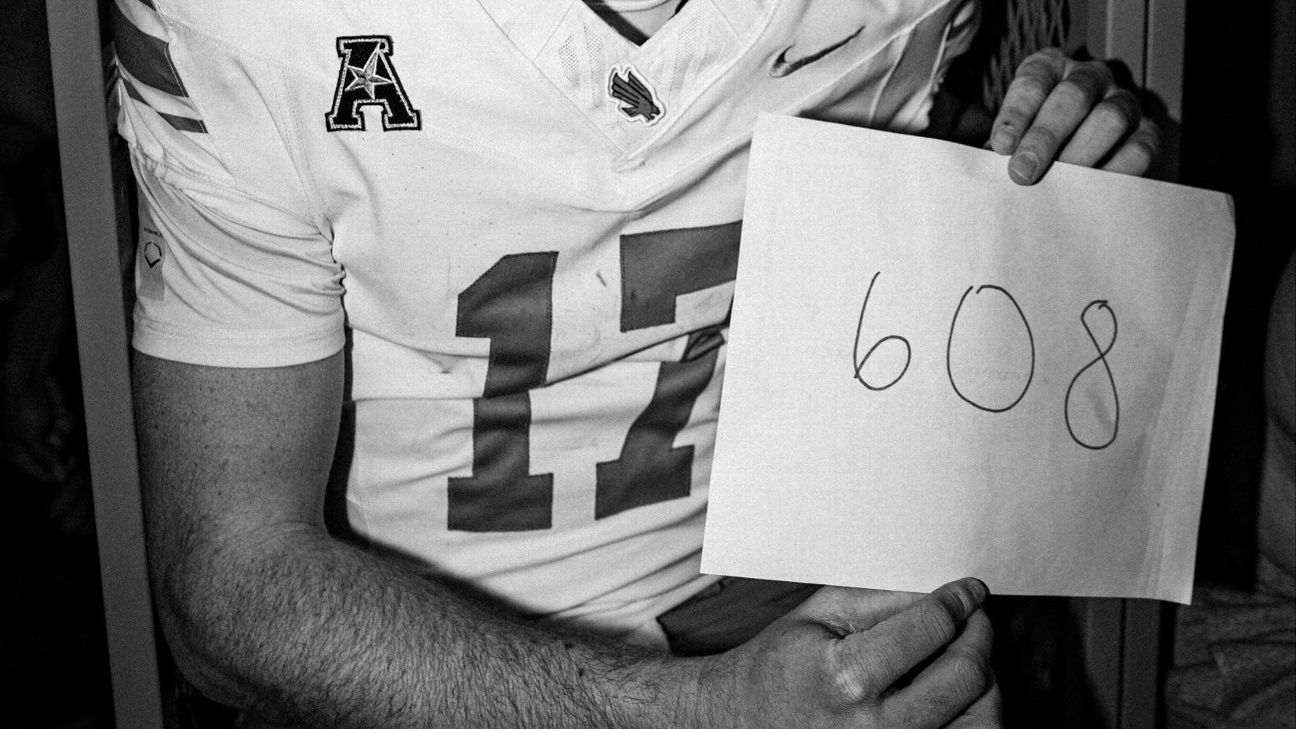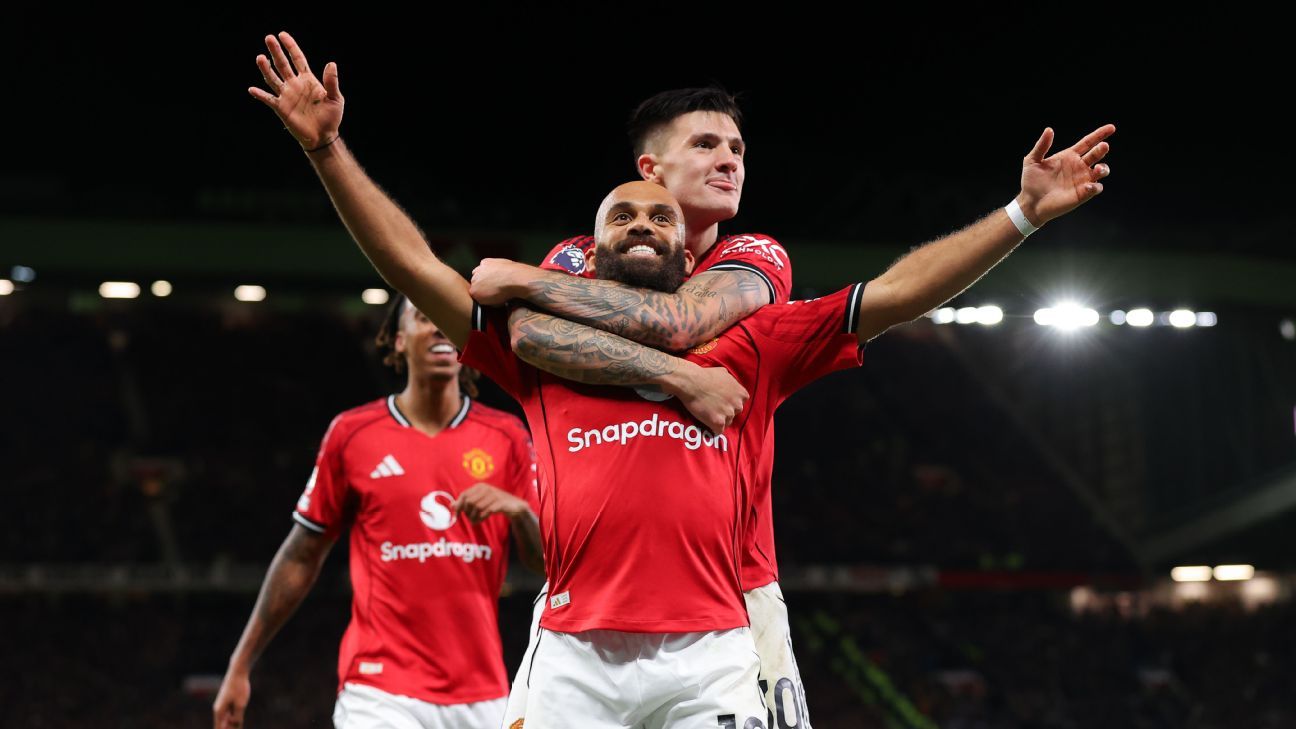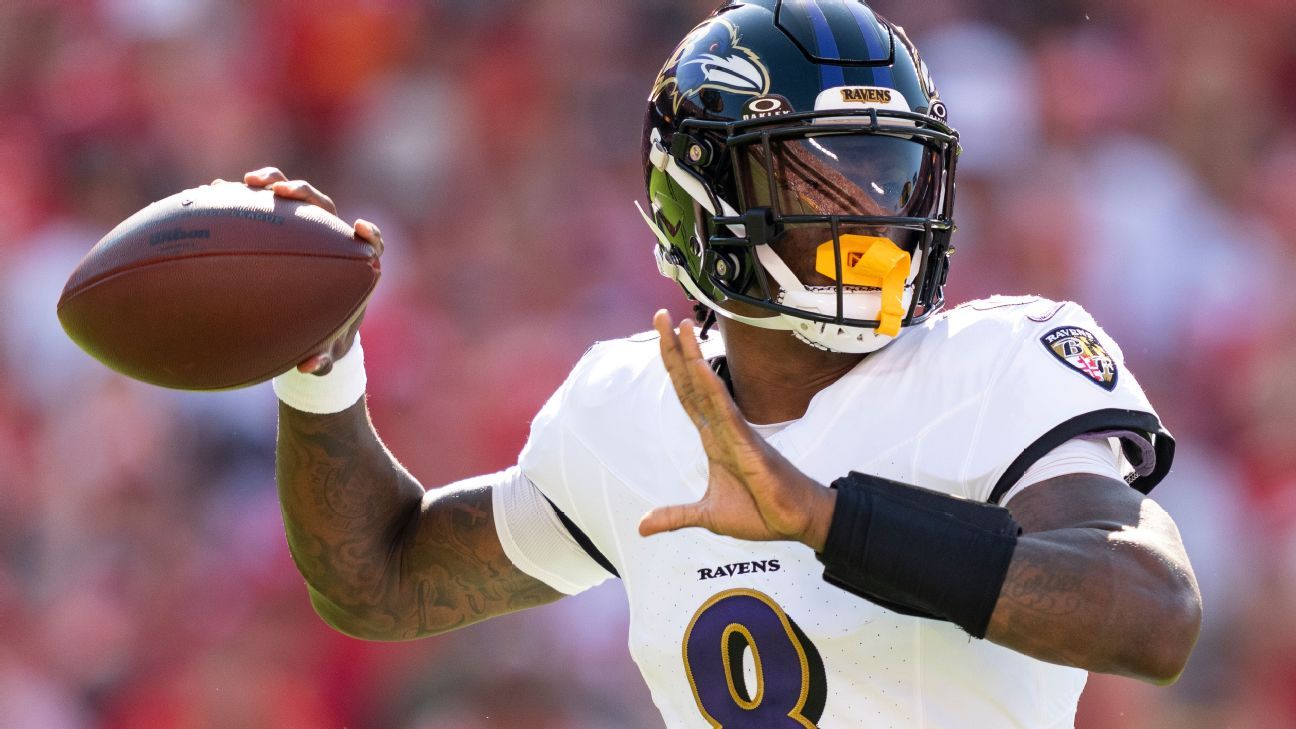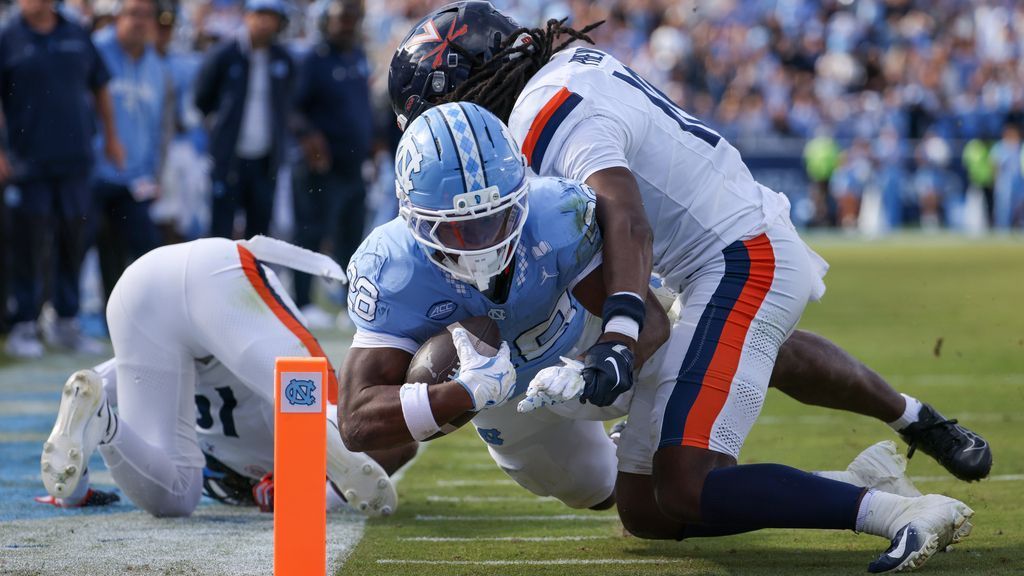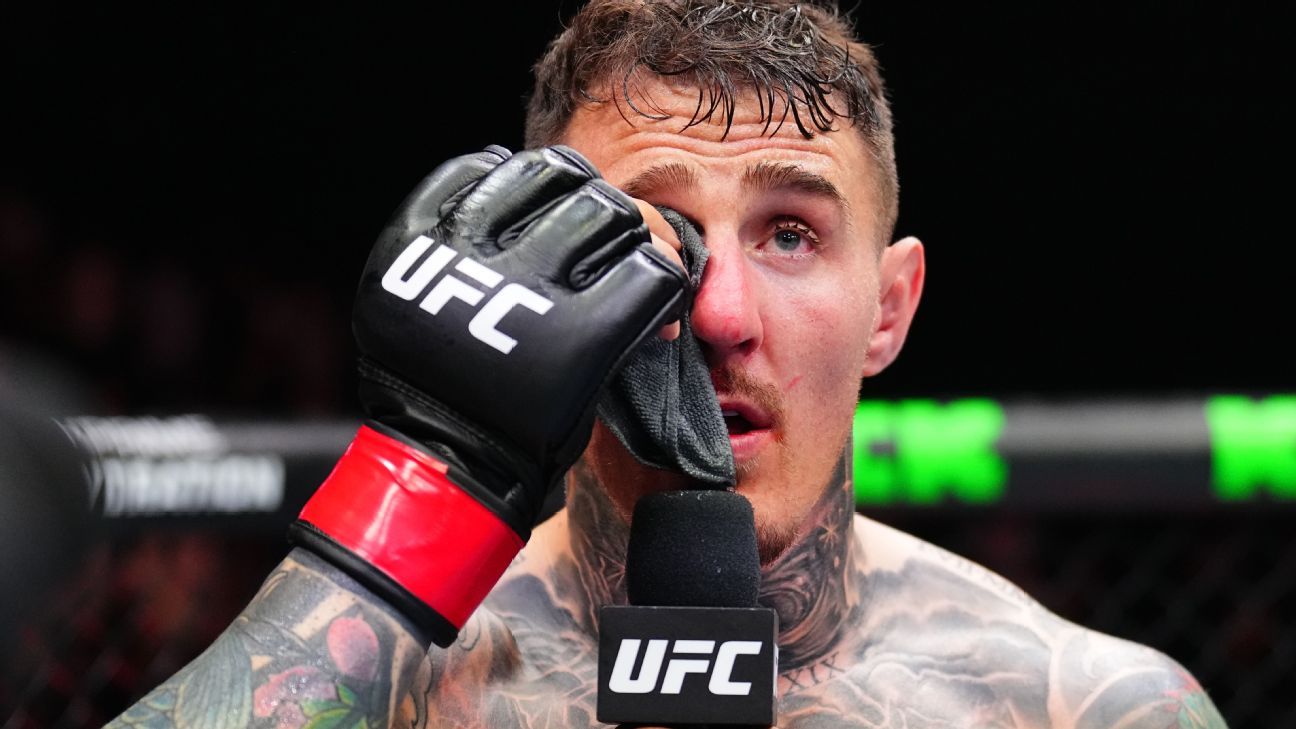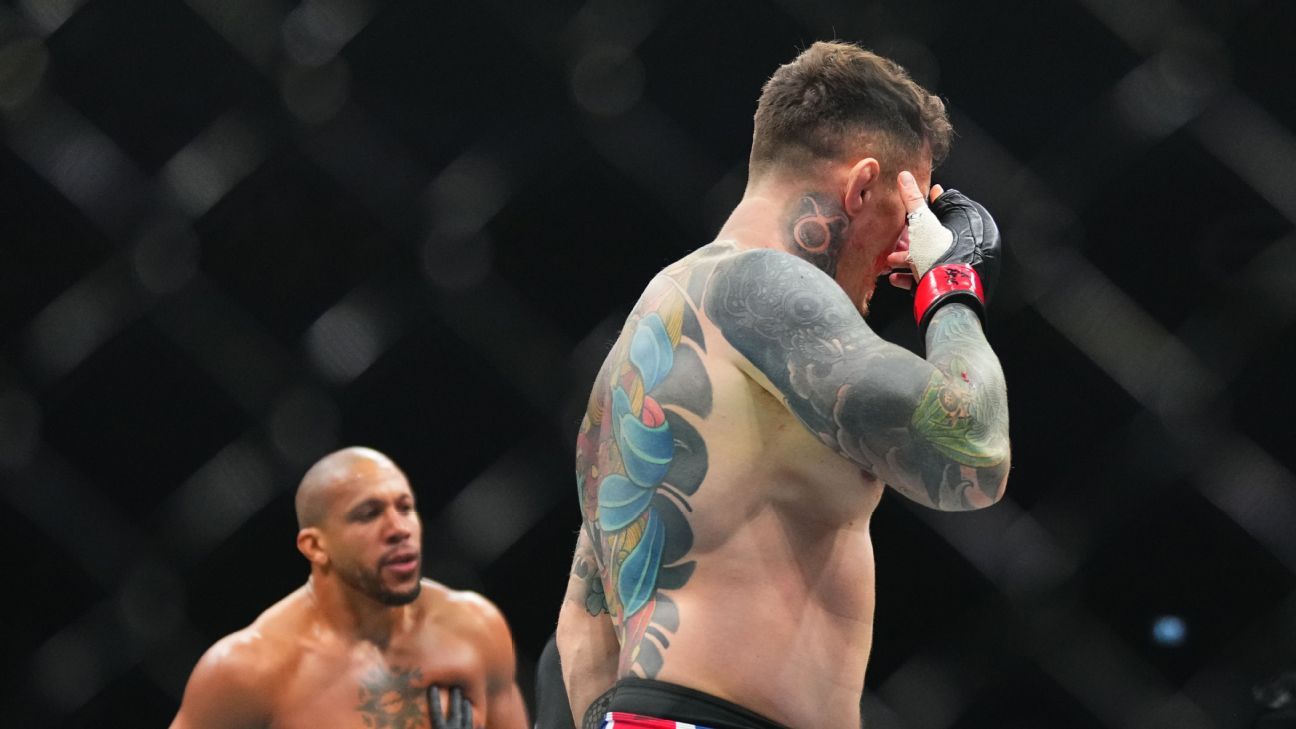Mohamed Mohamed
Jul 16, 2025, 05:25 AM ET
At only 20 years old, Trent Alexander-Arnold was already etching himself into Liverpool folklore.
The game clock read 78:10, and Liverpool were making another famous European comeback vs. Barcelona during the second leg of their 2019 Champions League semifinal. Alexander-Arnold prepared to take a corner kick and saw Barcelona were lackadaisical in setting up defensively, so he took advantage with a perfect whipped pass to the feet of Divock Origi that decided the tie. Liverpool completed another one of their great Champions League escapes and advanced to the final, where they defeated Tottenham Hotspur to win their sixth European crown.
In the years that followed, the success continued. Liverpool won two Premier League titles, made another Champions League final in 2022, and have largely been one of the best clubs in Europe since the latter-2010s. Alexander-Arnold was a large reason for that success, ranking third in assists in the Premier League from 2018 through this past season. His ability to create in open play and from dead-ball situations as a full-back is game-breaking.
A talent of Alexander-Arnold's caliber doesn't come around often, and Liverpool were the beneficiaries at the senior level for nearly a decade. That's no longer the case, as he left Merseyside when his contract expired for a new challenge with Real Madrid. The Club World Cup, in which the Spanish giants were soundly defeated by Paris Saint-Germain in the semifinals, marked the beginning of a new chapter of the English star's career and we got an early glimpse of what he might bring to LaLiga.
But before we project what might come next season and beyond, it's important to first look back at Alexander-Arnold's journey in getting to this point.
The early days under Klopp
The version of Liverpool which Jürgen Klopp took over and tried to mold early in his managerial tenure was far different to the iteration that later brought sustained success. Back then, Liverpool played a purer form of "heavy metal football," which had taken the German league by storm when Klopp was at Borussia Dortmund. It was based on counterpressing, the act of swarming the opposition player after losing possession in order to win the ball back and prevent a counterattack.
2:34
What Alonso needs to do to get the best out of Alexander-Arnold
Gab & Juls react to Trent Alexander-Arnold's Real Madrid debut at the Club World Cup.
With Dortmund and Liverpool in the early days under his stewardship, quickly turning defense into offense was crucial for generating high-quality chances. Klopp himself in the past described counterpressing as the best playmaker. Players such as Joe Allen were vital in those first few months while the club was establishing its tactical identity; Allen had the stamina and tactical awareness to win the ball often and help create fast attacks.
It made for some impressive and captivating victories in the Premier League: doing the double vs. Manchester City in 2015-16, the 5-4 thriller away at Norwich, a double against Arsenal in 2016-17, and a few blowout victories in Klopp's first 18 months. That focus on creating transitional moments through an aggressive out-of-possession approach also helped fuel Liverpool's run to the 2016 Europa League final, which included another memorable Anfield comeback vs. Dortmund.
The downside was that when Liverpool played teams more willing to hunker down and force the Reds to play against a set defense, results were more mixed. For all the highs that Liverpool experienced, there were also many instances of not being able to break down stubborn low blocks in the league against clubs who didn't allow space into which Klopp's stars could attack. This led to many lost points over the course of a season, and a hard ceiling on their level of domestic success.
For Liverpool to graduate from a plucky but flawed side to a great team, both the personnel and the tactics had to evolve.
Alexander-Arnold's influence
The rest of the 2010s saw Liverpool's attack rounded into form, largely thanks to smart recruitment and a bit of good fortune. The club acquired top-notch forward talent for relatively low transfer fees in Roberto Firmino, Sadio Mané and Mohamed Salah. Signing Andrew Robertson from Hull City in summer 2017 paid immediate dividends as he regularly started in both the league and the Champions League. Alexander-Arnold emerged from the club's academy as a teenager to also play consistent minutes, something you don't often see. Combine all of that, and you get the backbone of what ended up being one of the most captivating attacks in Europe.
In addition to the acquisitions, Liverpool altered their gameplan. To get the best out of Mané and Salah, Robertson and Alexander-Arnold became prominent parts of Liverpool's attack, pushing up and acting as wingers in a front five during settled possession in the opposition half. The midfield -- which included the likes of Fabinho, Jordan Henderson and Georginio Wijnaldum -- would cover the spaces left behind, alongside a generational defender in Virgil van Dijk. That version of Liverpool held up from 2018-20, before the addition of Thiago Alcantara led to the midfield playing a greater role in the team's attack from 2021-23.
An easy way of seeing the full-backs' influence is to look at how cross-heavy Liverpool were during this period. Going back to the 2017-18 Premier League season; Stathead has the 2020-21, 2021-22 and 2022-23 iterations of Liverpool in the top 10 for most crosses in a single season. This reconfiguration makes sense when accounting for just how much of an outlier Alexander-Arnold has been as a creator. According to FBref, he has been in the 90th percentile or higher in the league for a slew of passing and creation metrics on a per-90 basis, including expected assists, shot-creating actions and progressive passes from 2019 to 2025. In that span, Alexander-Arnold ranks fourth in the PL for total attacking sequence involvements ending in a shot, and 14th per 90 minutes for players with at least 10,000 minutes.
Few players in the history of the league have been as devastating a crosser as Alexander-Arnold. One name that comes to mind is David Beckham during his time with Manchester United, an era when you were often aiming for one of two strikers in the box. A contemporary of Alexander-Arnold's, Kevin De Bruyne (who also departed the Premier League for Napoli) made the right half-space his office for many key passes and assists via crosses.
De Bruyne was a bigger threat to make runs into the wide zones of the box for square passes or cutbacks toward the middle, while Alexander-Arnold was a marvelous aerial passer from deeper areas. Both could hit off-ball runners at the far post with whipped deliveries that consistently hit the target, including in moments after a teammate wins the ball high and they get time on the ball to survey their options.
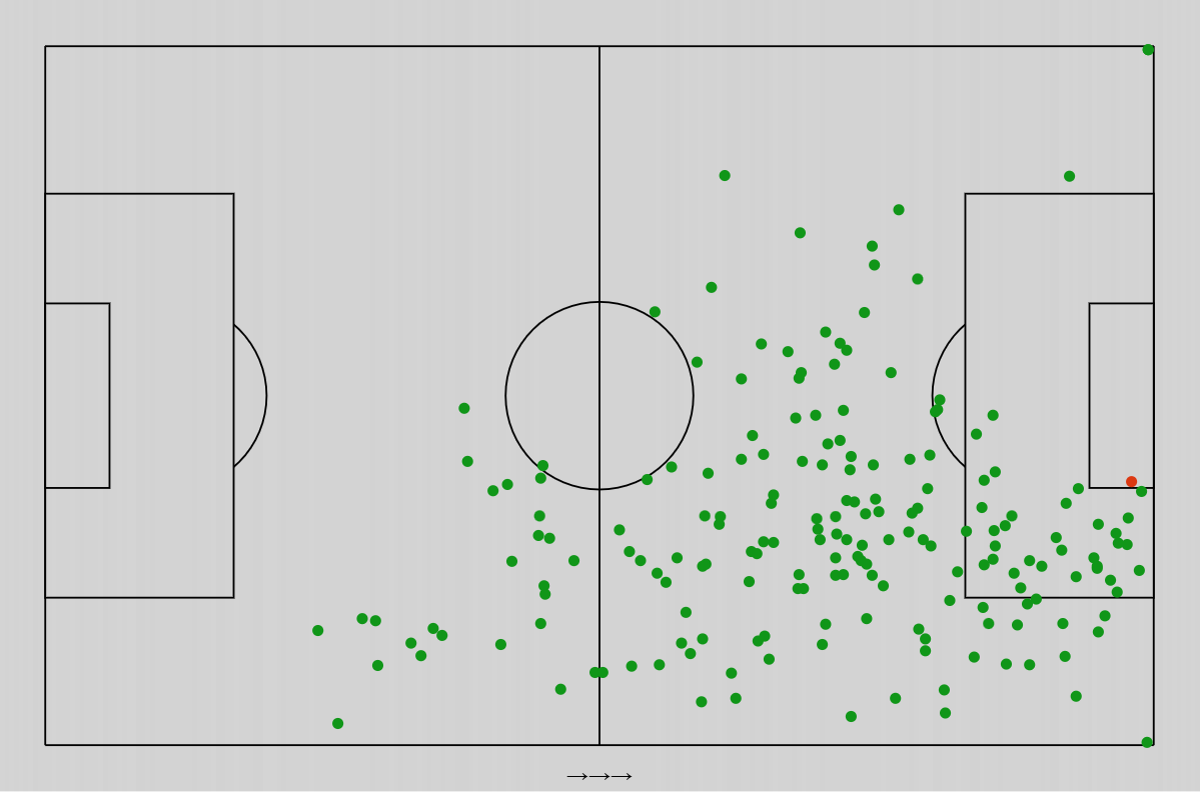
Alexander-Arnold was more than just a cross-spamming defender. He had great touch on diagonal switches of play that could discombobulate the opposition. Despite being a full-back, he was a threat to generate those high-value through balls you'd associate with a technical midfielder. The off-the-ball movement was a lesser part of his game compared with others at his position, but he was no slouch there, either. In particular, he could make himself available for short switches near the box that helped amplify his passing.
Progressive carries under duress and one-on-one dribbling were not major hallmarks of his game, but the passing was so overwhelming that it ultimately didn't matter. The heat map below from 2019 to 2022 shows the greatest concentration just inside the opposition half, where Alexander-Arnold would regularly attempt crosses or look to switch the play.
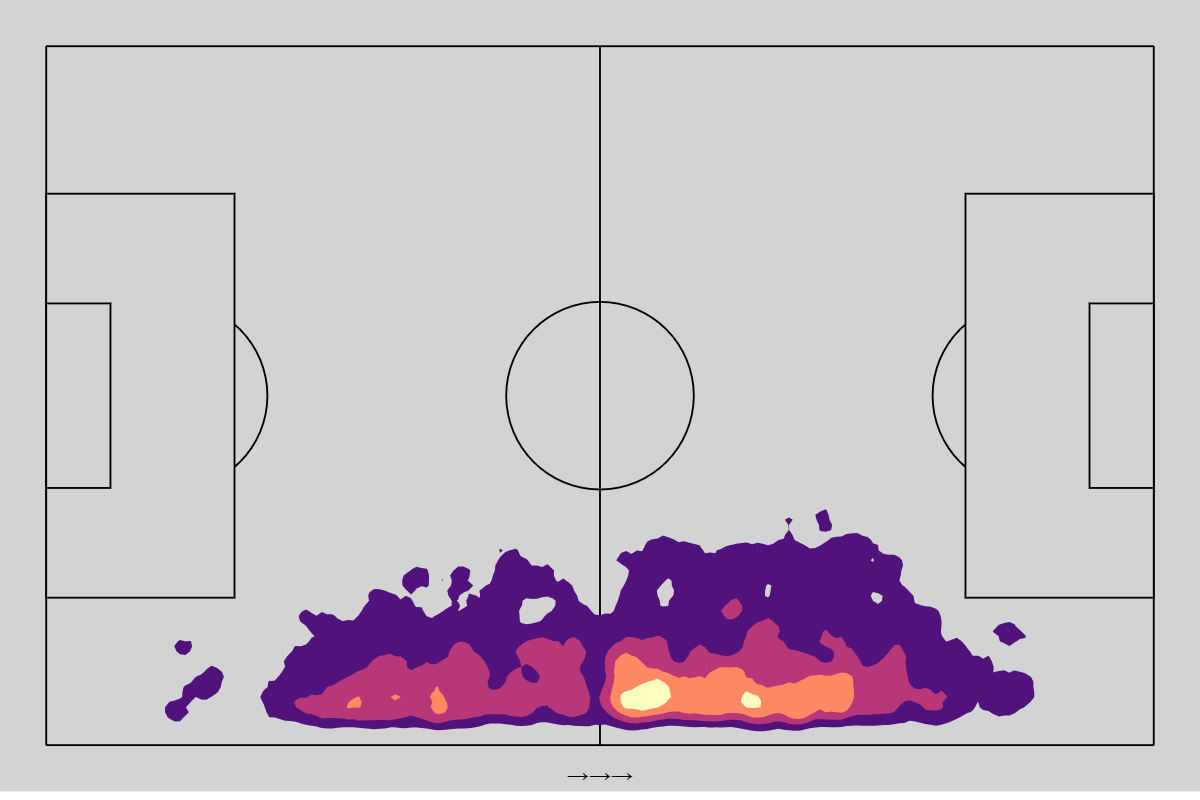
This period was a perfect marriage between Alexander-Arnold's unique skill set and Liverpool's attack being more unpredictable than most top sides' at the time. They were comfortable playing a more vertical game, because in addition to Mané and Salah being the rare attackers who were both technically and physically dominant, Alexander-Arnold was more than willing to service them with a variety of passes from different angles.
The inverted full-back experiment
Toward the end of the 2022-23 season, an interesting pattern emerged. Liverpool were experiencing a decline in form compared to previous campaigns, ultimately missing out on Champions League qualification -- something that hadn't happened since Klopp was hired in October 2015. Opponents were better prepared to game-plan against Liverpool's base attack, and combined with the midfield core ageing out of their respective primes, they were more susceptible to transition attacks. While Liverpool had always given up high-quality chances on average in the past (an inevitability for proactive defensive sides), creating high turnovers helped keep the volume down and the math on their side. That wasn't the case in 2022-23.
As such, Klopp made the interesting decision to move Alexander-Arnold more centrally as part of a double pivot. The idea of full-backs moving inward as a midfielder in possession had become en vogue as a method of asserting control. Why? Because by overloading the middle, you're more likely to progress between the lines. If the opposition tries to combat that with a more narrow out-of-possession structure, there's easier access to the flanks. While Alexander-Arnold previously had license to roam inward when needed, he tended to operate like a typical marauding full-back during the 2010s. With Liverpool no longer controlling matches like they had in previous seasons, changing his role was worth a try.
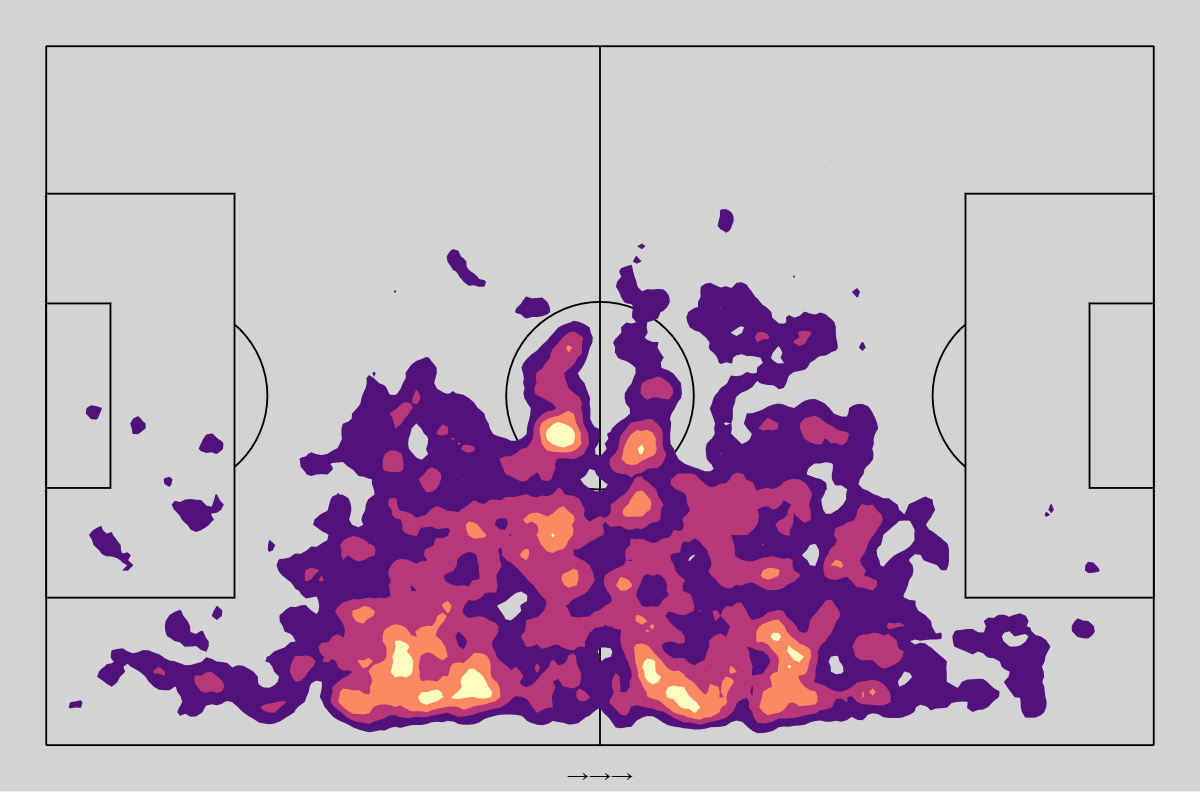
The results were instant. From the March international break until the end of the season, Liverpool were tied for third in points per match. Their underlying numbers were what you'd expect from a top-four side, an upgrade over their performance for most of the season before the change, but still below the previous season.
The 2023-24 campaign was even more promising, with Liverpool being in the heart of the title race for long stretches. If not for Salah's injury and downturn of form after the 2024 Africa Cup of Nations, it's possible their 20th league title would've come a year earlier than it did.
What made Alexander-Arnold's interpretation of the inverted full-back role interesting was that while he became more meticulous with the tempo of his passing, he still often showed the directness we came to associate with him. By contrast, someone like Oleksandr Zinchenko would look to circulate possession, show fluid positioning off the ball, and act as a decoy. Alexander-Arnold would constantly look to spray passes forward like a deep-lying playmaker, whether between the lines or over the top of the opposition defensive line. More than anything, his presence through the middle was to help create more transitional moments, which fitted the club's M.O. In the 2023-24 season, Alexander-Arnold was sixth in the Premier League for total through balls completed, according to FBref, with no other defender coming close in the rankings.
It's fair to say Alexander-Arnold performed admirably during this stretch and remained a dynamic playmaker, but the new usage wasn't without its faults. In particular, he wasn't the most graceful under pressure, and his back-to-goal play was a mixed bag, making him more vulnerable to pressing than midfielders or even select inverted full-backs. This led to Klopp trying to get him in more situations facing forward outside the opposition block when receiving centrally as the 2023-24 season progressed.
Swansong under Slot
The 2024-25 season saw Alexander-Arnold return more to the role he had in earlier years. A greater proportion of his open play touches were from the right flank, and he wasn't trying to moonlight as a pivot operator quite so often. While he still did have more license to roam centrally compared to his earlier years, it was more measured and selective.
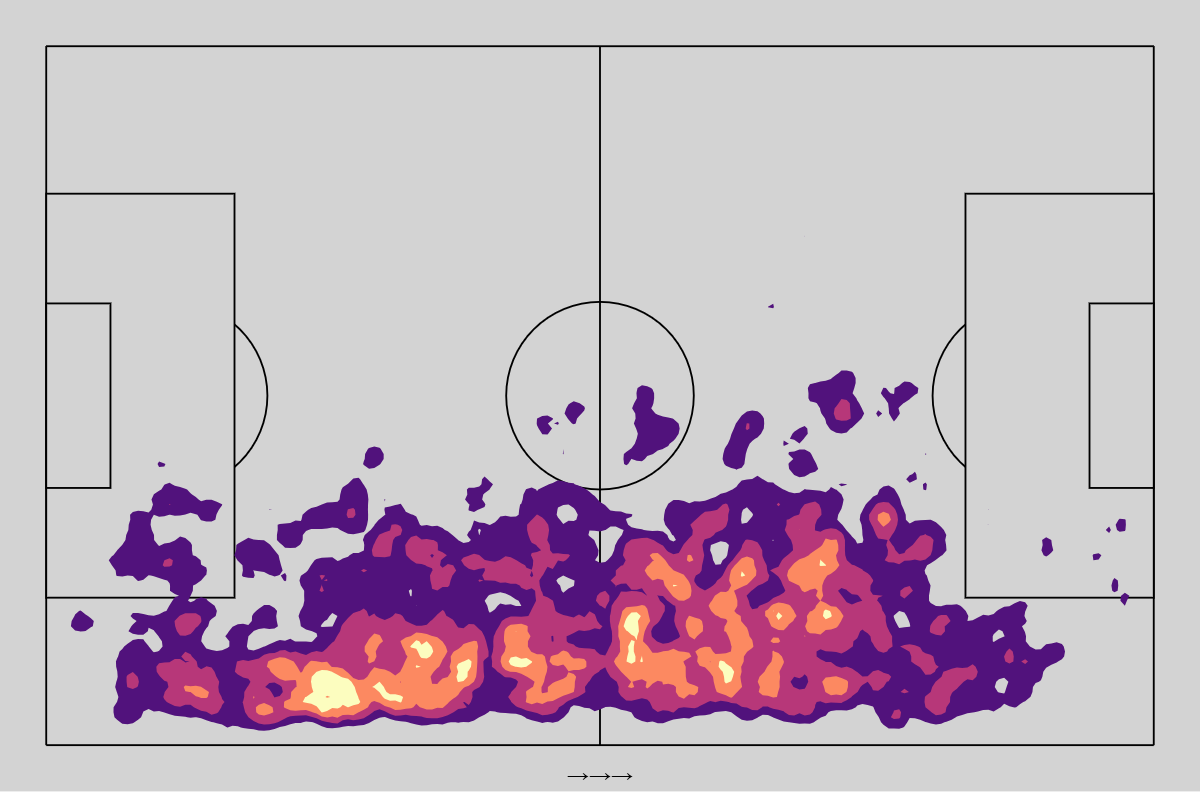
Liverpool under manager Arne Slot last season were a bit different compared with Klopp's team. The Dutch coach prioritized a greater emphasis on control through building up centrally, including the times when Liverpool would attempt to bait the press in the hopes of creating artificial transitions. In settled possession, they would often have four behind the ball during buildup with either a single midfielder or double pivot in place. The midfield trio of Ryan Gravenberch, Alexis Mac Allister and Dominik Szoboszlai was a massive change from what Liverpool had in previous years, and it was the bedrock for playing through the opposition. In early phases of possession, Alexander-Arnold himself would often be the most advanced of the back four, which would resemble an L-shape.
This had a knock-on effect in which Alexander-Arnold's attacking gifts were used less often and he wasn't quite the creative hub he had been in prior seasons. His stats showed a noticeable reduction, as others in the squad took up more responsibilities. There was a greater level of caution in his approach, in line with the overall tactics.
There were still moments where Alexander-Arnold's passing helped swing matches. He had a late secondary assist to help Liverpool draw at Arsenal in October via a perfectly weighted lob in behind to Darwin Núñez. In Liverpool's 6-3 victory over Tottenham Hotspur during the Christmas period, he delivered an inch-perfect cross to Luis Díaz for the opening goal. In the 90th minute away versus Brentford in January, Alexander-Arnold's underlapping run into the wide right zone of the box and eventual low cross was met by Núñez to break the deadlock in what ended up being a 2-0 win.
If Slot-ball made Alexander-Arnold a slightly more peripheral figure in attack, it helped mitigate his defensive shortcomings. Alexander-Arnold was never a net positive on defense for a variety of reasons, including athletic deficiencies defending in one-vs.-ones and a lack of off-the-ball awareness. The combination of having more players behind the ball during buildup, and Liverpool primarily defending in a 4-2-4 shape out of possession to limit central progression, helped mitigate some of the concerns.
Taking on a new challenge in Spain
Once it became clear Alexander-Arnold would sign with Real Madrid, there was considerable intrigue about how he'd fit into their starting XI. This was especially true once Xabi Alonso became the club's manager.
What we did know from Alonso's time with Bayer Leverkusen was his insistence on controlling matches, not from a dogmatic adherence to formation or structure, but instead having clear principles both in and out of possession. From there, it's adapting to the skill sets available to him within the squad so they can problem-solve on the fly over the course of 90 minutes.
Some thought there could be initial synergy found with Vinícius Júnior and Kylian Mbappé. Those two are some of the best in the world at puncturing high defensive lines through straight-line movements in behind the opposition. They could take advantage of long aerials directed their way, especially in moments of controlled chaos from high turnovers or second-ball regains. Whenever Alexander-Arnold takes up aggressive positions against a low block, Federico Valverde can help cover for him defensively due to his impressive ground coverage.
The Club World Cup gave us a very early look into Alexander-Arnold's potential role with Real Madrid. There were some clunky moments during the early stages of buildup, including Alexander-Arnold not cleanly receiving with his back to goal and allowing incoming pressure. He also occasionally missed straightforward short-range passes toward the double pivot in space to help progress play.
Once Real Madrid made it to the opposition half, Alexander-Arnold was much more of a peripheral figure compared to previous years -- especially under Klopp. He largely stuck to providing width along the right flank, with occasional underlapping runs in the right channel. The lack of runners into the box made it tougher for him to connect on his famous crosses.
In general, the slow tempo in attack and the lack of opportunities to play in chaos moments also took away some of what made Alexander-Arnold special in the Premier League. Without being such a cheat code in possession, it amplified some of the defensive worries. His high positioning prevented him from helping effectively in the counterpress, and some indecision in situations when they're trying to trap the opposition near their own box.
This isn't to say that there weren't bright moments during the Club World Cup. Alexander-Arnold's crossing was accurate and sharp in Madrid's group stage victory vs. RB Salzburg. He had the assist for Madrid's goal in their 1-0 round-of-16 victory over Juventus, which came from an improvised underlapping run into the box that set up a short-range driven cross.
It should be noted that we're talking about a handful of matches during what was essentially a preseason tournament, so taking a ton from it would be unwise. However, it would be fair to suggest that there could be some growing pains in Year 1.
1:34
Bale: Mbappé critcism due to Real Madrid's lack of trophies
Gareth Bale backs Xabi Alonso to get the best out of Kylian Mbappé and Real Madrid's other attacking talents.
A lasting legacy, and what he'll do in Madrid
For the past handful of seasons, warts and all, Alexander-Arnold has been one of the best players in the world. It's very rare that a full-back can be the leading or co-leading playmaker for one of the most dynamic attacks in the world over a multi-year stretch, which was the case with Liverpool. Having such an outsized impact in the final third more than made up for the drawbacks he had defensively, which included athletic limitations in one-vs.-one situations and being guilty of ball-watching. This helps explain why all-in-one metrics, such as Donald Cayton's MBAPPE model, consistently rated him highly over the years. That level of impact is what Real Madrid will hope to see from Alexander-Arnold as the club seeks to bounce back from a very disappointing campaign in which they finished second in LaLiga and were bounced from the Champions League in the quarterfinals.
In theory, adding a player of his caliber as a free agent should be additive. However, we've seen over the years (such as with Real Madrid) that simply stacking talented players on top of each other doesn't necessarily make the whole greater than the sum of its parts.
Part of getting the best out of Alexander-Arnold will mean creating more of the controlled chaotic situations he thrived in with Liverpool. It could be very difficult given LaLiga's slower pace of play. Those dynamic situations would not only benefit him, but also others such as Mbappé and Vinícius. Trying to find a balance between embracing chaos and controlled possession, while also attempting to create a functional defensive unit, will define Alonso's tenure as Real Madrid's manager.
It'll be interesting to see what happens with Alexander-Arnold once he begins life in Spain. He could benefit from LaLiga being a less physically demanding league than the Premier League, but he'll also face a ton of low defensive blocks and potentially less situations against unsettled oppositions. Replicating what he accomplished in England will be a tall task, as he won all the major trophies possible with Liverpool. All the while, he accomplished that through an atypical style of play that transformed him into the team's quarterback in attack, a rare feat given the position he plays.
Trent Alexander-Arnold left the Premier League as one of its best players ever. Whether he can reach similar heights in LaLiga as a Real Madrid player will be fascinating to watch.

